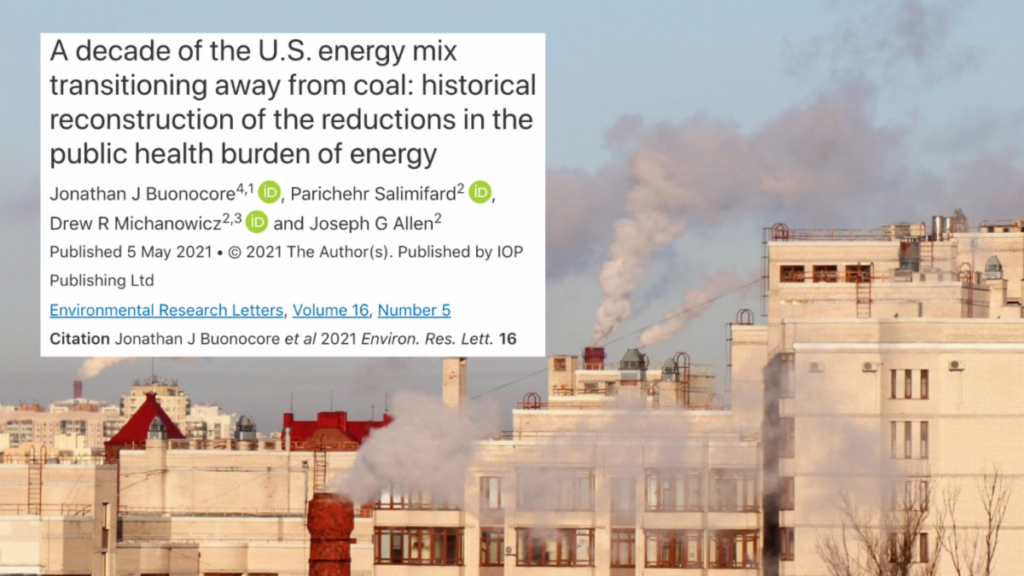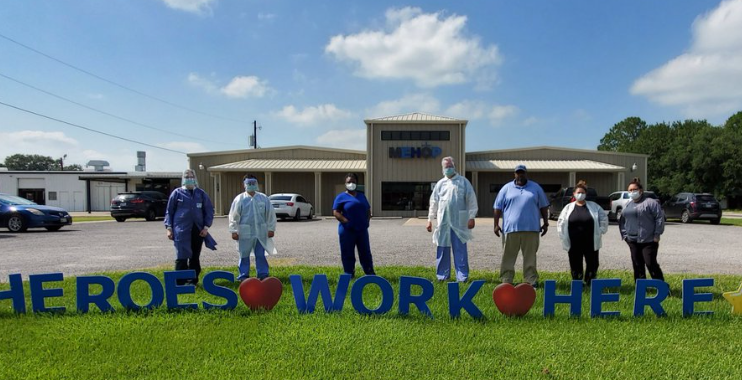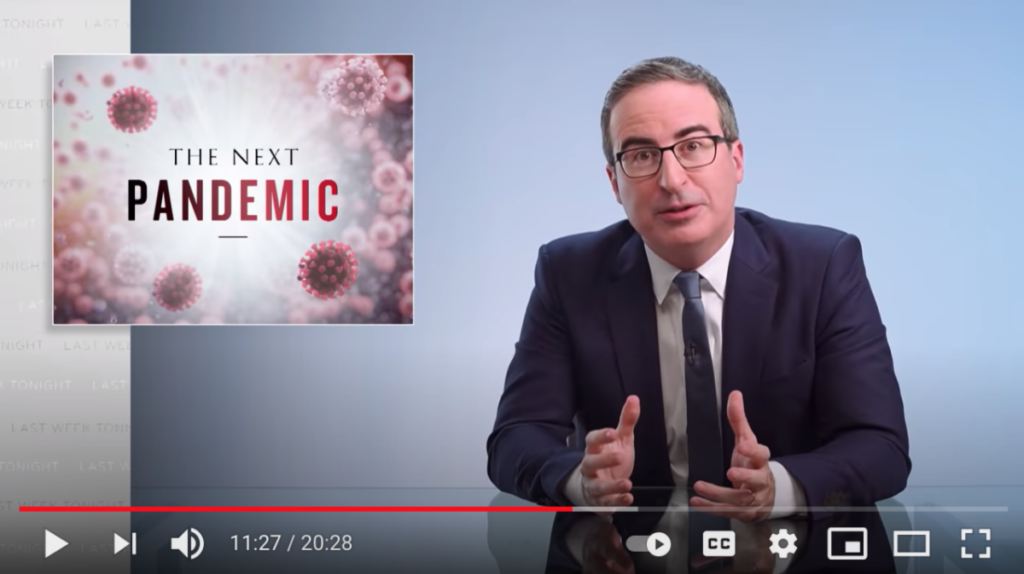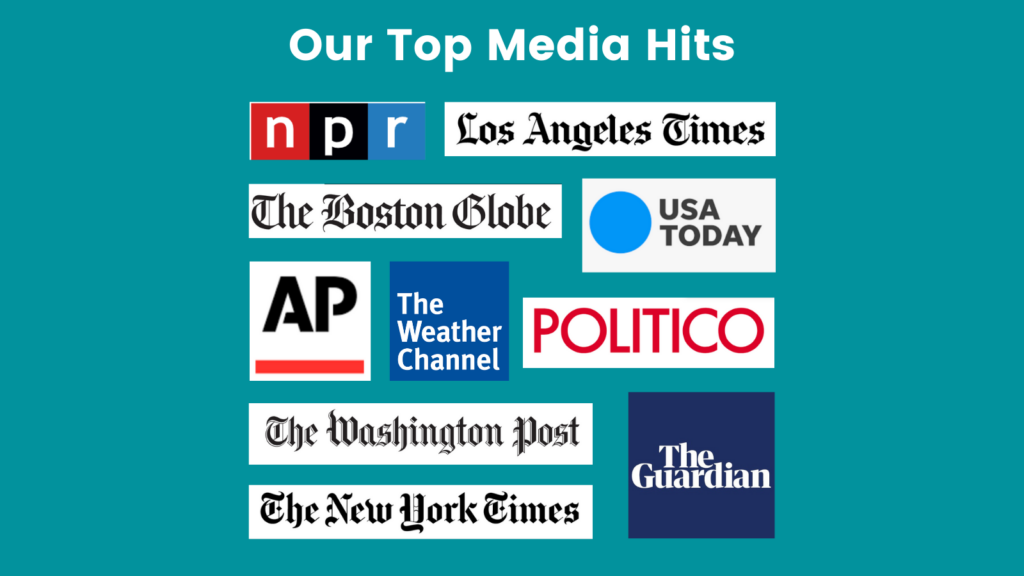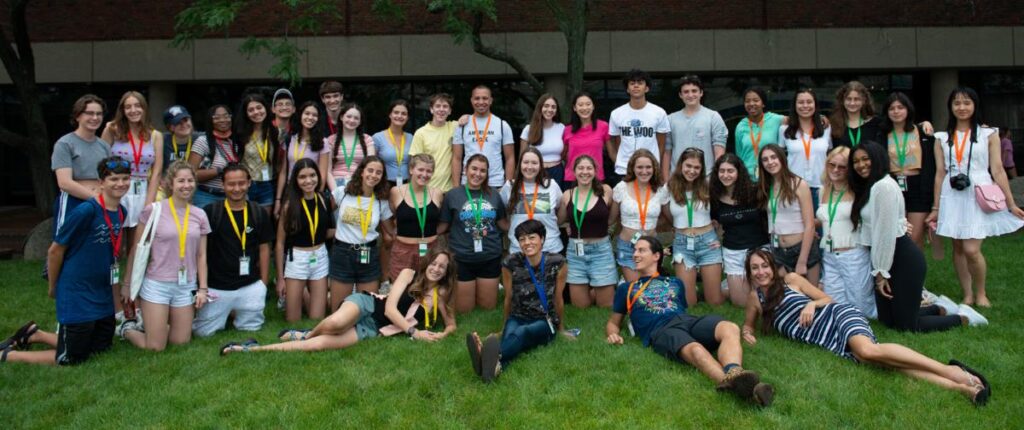Dear Friends:
A year after our Center’s founding and in advance of COP3 in Kyoto, we placed a full-page letter in the New York Times signed by nearly 400 physicians and public health officials from around the world, to alert everyone, and especially our leaders, that we faced dire health risks from climate change. This year, we made sure COP26 in Glasgow finally framed climate change as a public health issue.
For 25 years, we’ve conducted and deployed science to help decision-makers understand the health consequences of our addiction to fossil fuels, and helped shape the policies that will enable the healthiest, most equitable path forward.
From our landmark study on how coal impacts health at every stage of its life cycle, to our research measuring health benefits of climate policies, to our HarvardX course that has reached over 140k students in more than 100 countries around the world, we have brought our work into the halls of Congress, newsrooms, hospitals, and kitchens around the country.
We have always known we must make climate personal, actionable, and urgent to advance climate actions. As our year draws to a close, I am deeply grateful to all of you—our colleagues, advisory board past and present, supporters, partners, and funders—who have shared our vision and helped make our work possible. Below you can see some of our 2021 highlights. We made progress this year but have so much more work to do in 2022. I look forward to working with you to reach for our shared goal of a healthier and more equitable world.
Ari
Ari Bernstein, MD MPH
Interim Director, Harvard Chan C-CHANGE
Forward-Looking Research
We published 14 peer-reviewed studies and 17 journal articles in 2021, which were central to local and national climate actions, and received extensive media coverage. Research led by Jonathan Buonocore, ScD on the energy and transportation sectors is transforming policies and shifting the national conversation on how to cut pollution by putting health and equity at the forefront of their design. We demonstrated that burning natural gas, biomass, and wood now has more negative health impacts than burning coal in many states. Our Clean Energy Futures project showed that an illustrative clean energy standard that reaches 80% clean electricity by 2030 would improve air quality, save lives, and produce trillions in climate and health benefits by 2050.
Our Climate MD leaders put health and equity at the forefront of COP26. Dr. Renee Salas was the lead author of the 2021 U.S. Policy Brief for the Lancet Countdown’s annual analysis on the impact of climate change on human health around the world. Our doctors launched a course for health professionals to learn how to be community organizers on climate, created a model for how to improve healthcare education, identified climate and health initiatives at educational institutions, researched how health systems can assess risks to their patients to protect them from extreme weather events, and published a guide to connect climate change with health during well-child visits.
Building Climate Resilient Health Clinics
People of color and low-income communities are being hit first and worst by the climate crisis. With Americares, we launched a pilot project at nine community health clinics in California, Massachusetts, North Carolina, and Texas. This project is the first of its kind to focus on helping frontline safety-net clinics build resiliency and improve patient health through novel improvements in community care delivery. The research has included focus groups and a survey reaching 40 states and U.S. territories, including Puerto Rico, to identify existing needs, knowledge gaps, and opportunities for engagement. We’re excited to develop a climate resilience toolkit with educational and advocacy resources, and expand this program in 2022.
Preventing the Next Pandemic
While vaccines, drugs, and stronger health systems are critical to containing COVID-19, they cannot prevent the next pandemic from emerging. That’s why we convened the Scientific Task Force to Prevent Pandemics at the Source, led by Dr. Bernstein, to outline the root causes of pandemic risk and recommend actions and investments needed to stop the spillover of pathogens from animals to people and cut pollution fueling climate change.
We brought these messages to the forefront of top-tier media, generating 65 clips including Politico, Axios, and The Guardian, and to high profile events including the Vatican, UN Climate Week, and COP26. We helped Last Week Tonight With John Oliver launch its first episode of the season on how human activities contribute to the rise of infectious diseases and how to prevent the next pandemic, reaching nearly 9.3 million views on Youtube.
Changing the Narrative
Our Center helped shift the narrative on climate change to focus on why climate solutions are health solutions that will advance equity and forestall the next pandemic. This year alone, our experts were interviewed over 175 times on the health impacts of climate change, generating over 450 media clips across local, national, and global outlets like NYT, AP,Washington Post, and NPR. We registered over 900 people for our school-wide event to discuss next steps after COP26.
Our monthly Climate Optimist newsletter, which grew 45% in the past year and now reaches over 7,000 inboxes, shared stories of climate hope and action.
Through our Reel Science program, we worked with the entertainment industry to incorporate creative content into new programming. Highlights include our Last Week Tonight episode and the At Home Podcast with Drew and Linda Scott and our former director Gina McCarthy. We also brought actor and activist Eric Christian Olsen together with Harvard scientists for in-depth conversations on effective climate communications, nature and mental health, climate optimism, and artificial intelligence.
Empowering Youth Leaders
Last summer we kicked off our Youth Summit on Climate, Equity, and Health with 121 high school students from across the country and the world. They heard from scientists, politicians, environmental advocates, and more. We raised $112,500 in scholarship funds for 24 low-income and BIPOC students. Join us on January 6th to learn about our 2022 summit.
Our Student Ambassador program continues to be a highlight of our work. This fall we recruited our fourth cohort of students drawing on talent from across the Harvard Chan School student body. Eleven masters and doctoral students have joined us this year, with interests ranging from nutrition science, to human trafficking, occupational health, global health policy, and more.
We are always looking to build on and expand our impact. Please reach out if you’d like to talk about how we can work together in 2022.

